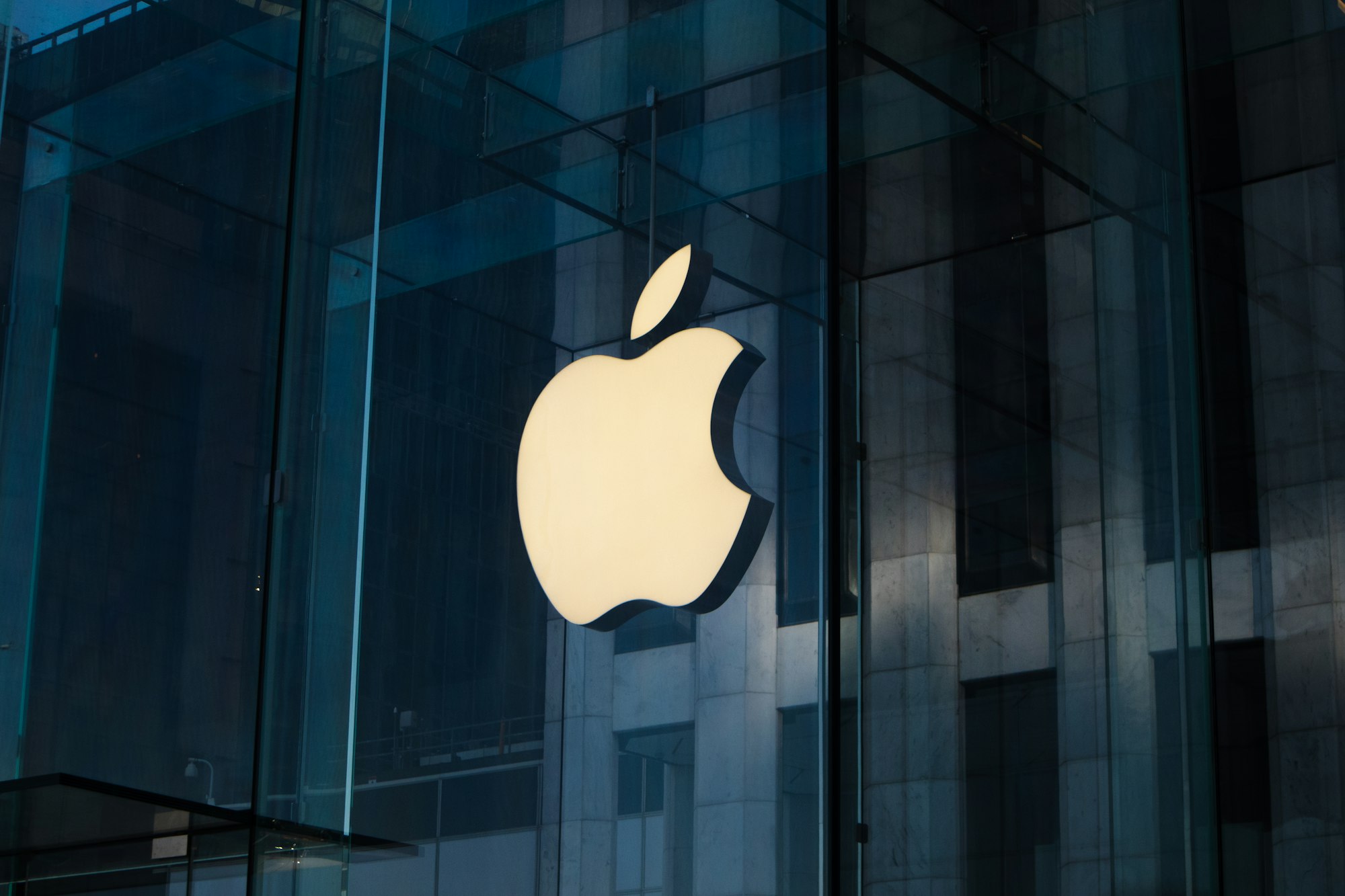Tim Cook and the fight to protect privacy.

Apple's CEO responds to accusations that app store rules are anti-competitive.
In a globalized world obsessed with collecting user data, Apple has long been seen as a champion of security and privacy.
Apple CEO Tim Cook has said that his business would continue to fight for data privacy protections that are in the best interests of customers, calling it "one of the most important conflicts of our time."
Cook also reacted angrily to accusations that his company's strict restrictions over its app store are anti-competitive. While Apple claims that the limits safeguard user security and privacy, the store remains the only approved place to download software for iPhones, iPads, Apple TVs, and Apple Watches.
He also warned at the International Association of Privacy Professionals Global Privacy Summit that privacy is still in danger from the "data industrial complex," which wants to gather data on everything from where people dine and buy to the websites they visit. While these corporations claim to be gathering data to provide customers with a more personalized experience, Cook points out that they seldom give customers a choice.
Lawmakers, regulators, and developers have urged that Apple, in particular, should relax its rules, which prevent developers from offering other app stores or using alternative payment processors for in-app sales of digital products such as new looks for a gaming character. Apple and Google both impose fees ranging from 15% to 30% on those transactions, which they claim assist support the technology and management of their own stores.
On the other hand, some of the industry's biggest developers have taken strong stands against the existing app store setup. Epic Games, the creator of Fortnite, has sued both Apple and Google over the way their respective app stores restrict payments. Last year, the game developer, whose online Battle Royale game has become an international hit, contended unsuccessfully to a California District Court Judge that Apple's actions violated antitrust rules. That ruling is being appealed.

But what digital security experts advice about data privacy?
Every year, digital security becomes more vital, especially when it comes to our mobile apps. Apps are used by many people for entertainment, navigation, fitness, and social networking, yet they are notoriously difficult to trust. Unfortunately, there is no way to determine if an app is following you at face value, even if you instruct it to stop, and no security is failsafe in today's world of ever-evolving technology. An app that behaves well today might become a bad actor tomorrow if the firm behind it is sold, changes direction, or becomes compromised due to a vulnerability. With that in mind, it's past time to beef up your defenses.
There are methods to locate and remove the data Google has kept on you, as well as new privacy settings in Android and iOS to prevent apps from following you. However, there is more you can do to preserve your data privacy and increase the security of your smartphone. Data privacy and security professionals have some precautions they wish more consumers would take while using smartphone applications. Their recommendations are listed below:
1. Use a password manager. Passwords that are made up of random characters are the most secure. A random sequence of letters, numbers, and symbols is less likely to be discovered in a dictionary and more difficult for a computer to break using brute force. The disadvantage is that these complicated passwords are far more difficult to remember.
This is when a password management tool can be useful. Password organizers consolidate all of your passwords into a single encrypted and password-protected program. They can also generate and remember complex passwords. While programs such as Google Chrome and Samsung's own phone app offer to keep passwords for you, security experts always recommend using a password manager.
2. Use a VPN on public Wi-Fi. If you're going to get on a public Wi-Fi network while on your phone instead of using your mobile data, experts suggest using a VPN. A Virtual Private Network can keep your data from being snooped on by other people on the same public network. They can also mask your data transmissions, avoid filtering and censorship on the internet and allow you to access a wider variety of content around the world.
3. Be cautious about app permissions. Almost all of the experts recommended double-checking which permissions the program requests. You should also consider if it makes sense for an app to request specific permissions. An app requesting access to data that isn't related to its job is a significant red flag.
4. Research the app or company. While it is impossible to know if an app has malicious intentions just on its appearance, a fast Google search can provide further information. The experts advise looking for the app's name as well as the phrases "data scandal" or "scam." The results should reveal if the organization has recently encountered any privacy or data leaks.
5. Only download apps from Google and Apple's stores. Although not all programs in the App Store or Google Play are completely trustworthy, experts recommend that you always download from the official shops rather than side-loading an app.
Apple has long been known for being largely free of viruses, trojans, and malware, all types of unwanted software that can wreak havoc on your computer. This is primarily due to the fact that Apple's Mac computers were specialized devices rather than corporate workhorses like those running Microsoft's ubiquitous Windows operating system.
According to cybersecurity experts, it was simply not worth thieves' time and effort to create malware to target them or seek for flaws in their operating systems.
What do you think about Apple's fight to protect data privacy? Let us know and don't forget to subscribe to our blog!
Follow us @esauriook
LinkedIn e•Saurio

